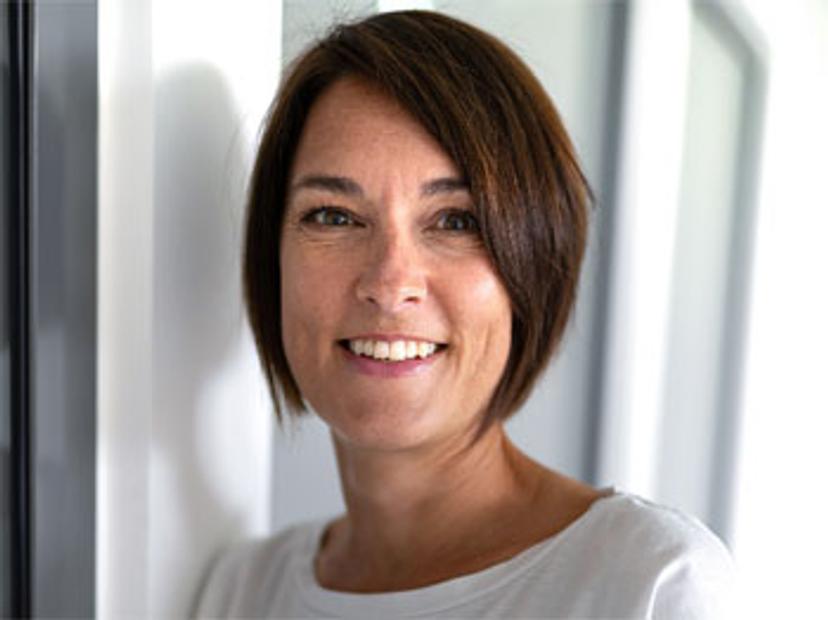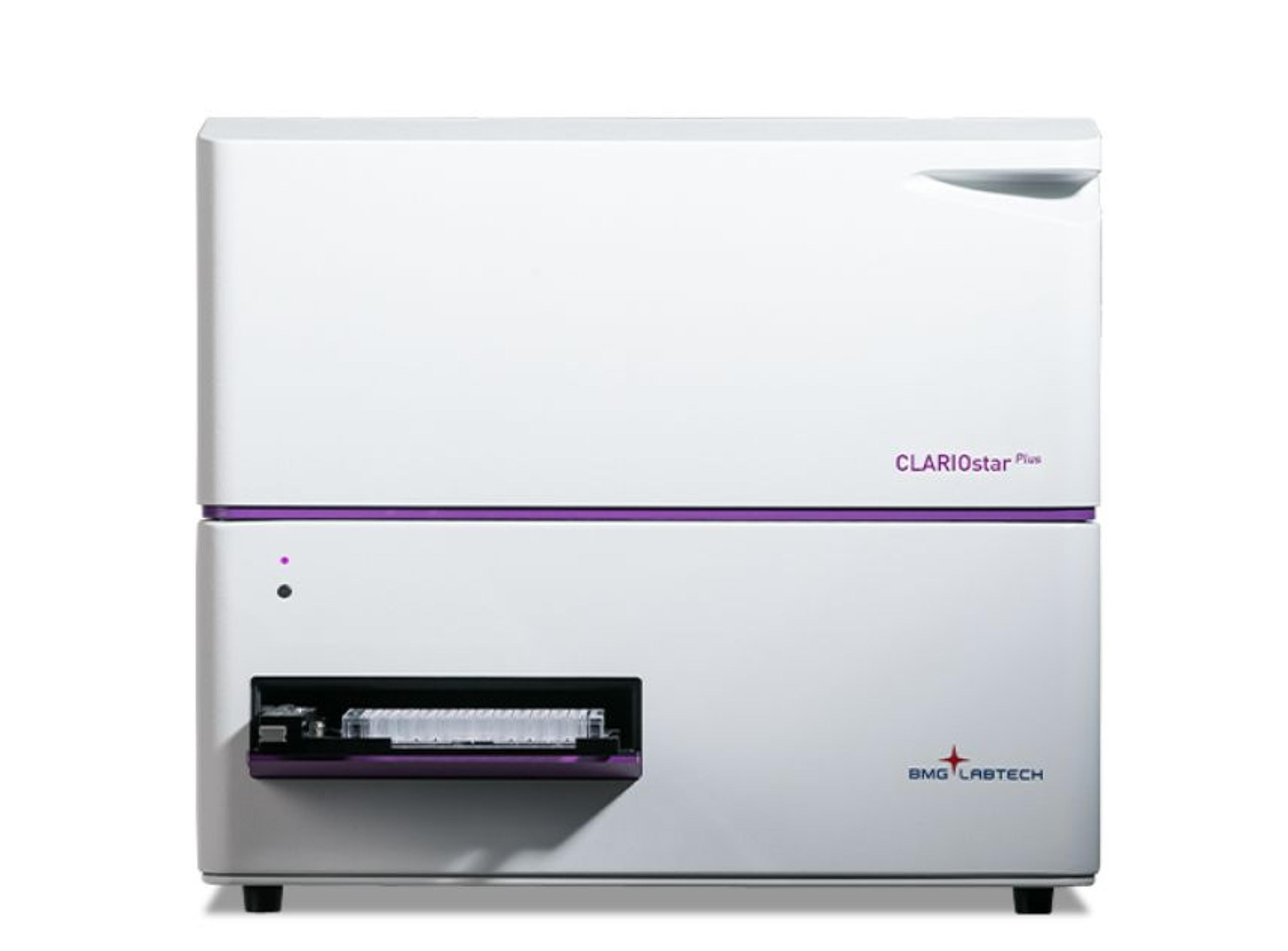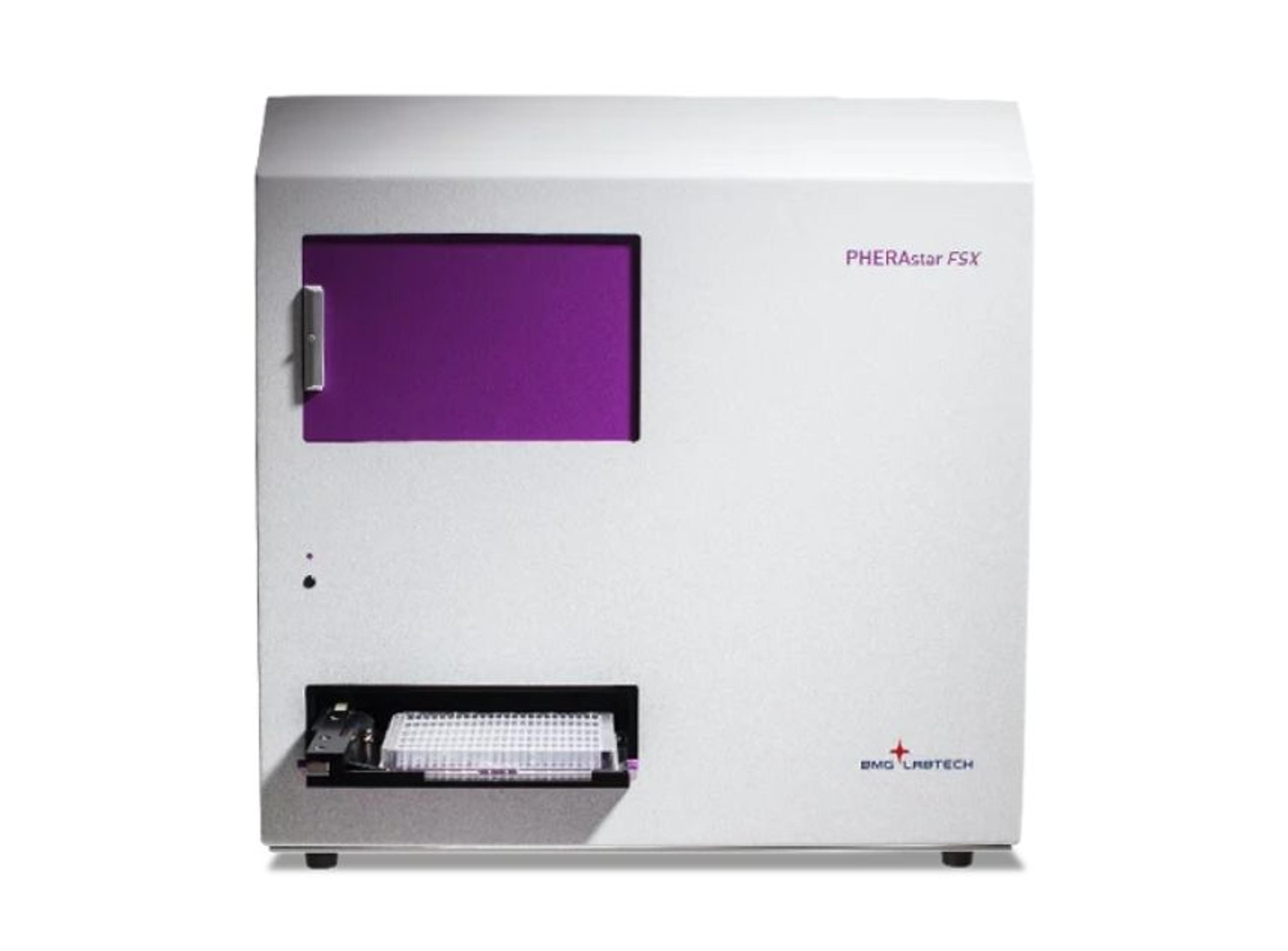Why close collaboration with industry is key to accelerating scientific research
We speak with Dr. Stefanie Tintelnot about how to ensure experimental success by forging close relationships with technology innovators who can communicate 'scientist to scientist'
30 Jul 2020
In this SelectScience® interview, Dr. Stefanie Tintelnot, area sales manager for southern Germany and Switzerland, helps celebrate 30 years of microplate reader specialists BMG LABTECH by exploring the importance of strong communication between researchers and manufacturers for product development and the advancement of science.

What are the biggest challenges your customers are facing?
Nowadays, time is the most precious thing! Everybody has to multi-task, working on different projects and with different devices and software programs. Of course, the customers want to achieve the best value for their money, ensure all their experiments work well, and have access to easy-to-use devices. To really know which configuration is the best for a customer´s needs, you have to understand their expectations, bottlenecks, and what their research goals are regarding the reader. Ideally, customers should test the microplate reader with the assays they are running or want to run in the future. This is the best approach to find out differences between different reader models, which is usually a time-consuming process.
What are the advantages of being a medium-sized, privately-owned company?
The biggest advantages for our customers include very close personal contact with our representatives and our independence from any kit or reagent provider. A customer with a support request will never get stuck on a hotline, as calls are directly answered by our support specialists who are either scientists, software developers, or engineers. From pre- to post-sales support, customer queries are personally discussed with the specialists who developed and manufactured the microplate reader or with the application support scientists.
In addition, we have been focusing on microplate readers for the past 30 years and continuously work with all the leading reagent providers to optimize our instrumentation. However, as we are not tied to any of these providers, we can help our customers further using this experience regarding reagents and kits.
How does customer feedback impact your processes and portfolio?
This is another advantage of being a medium-sized company. Feedback does not have to travel through several management layers in different countries. There is a real and direct transfer of information between customers and our team. This feeds into the development of new instruments, as well as the further development of our existing portfolio. For us, the exchange between science and industry is of great importance. Establishing collaborations with customers makes it possible for us to react to current and future user needs.
Our customers can speak to us, scientist to scientist.
Dr. Stefanie Tintelnot BMG LABTECH
We truly meet our customers at eye level. Through our assays, customers get the data that will hopefully confirm their scientific hypothesis. Our area managers all have strong scientific backgrounds and are there to propose the most efficient and effective solutions to the customer’s applicative hindrances. We are committed to finding out what customers really need, so that they get the instrument and features that cover their requirements. Our customers can speak to us, scientist to scientist.
What is your role in customer support?
My role is to listen to customers, to understand what they need and how they want to achieve their scientific goals, as well as helping with any questions they may have. As the first point of contact, I am there to answer any question, be it about applications, instruments, or software settings. I do this in close conjunction with our experts from all fields. You can often find me walking through the offices at headquarters, discussing requests with my colleagues, or sharing feedback from my customers with the team. I am also involved in the organization of training and user meetings where we give insights around our plate readers. For our customers, these events are also a great networking opportunity to connect with other users and with our team as well.
What do you enjoy most about your role?
I have the chance to meet new people all the time, which is very interesting because every researcher and every lab is different. Having a good relationship with my customers is the perfect basis for my work as I look forward to meeting them. In addition, we are a good team at BMG LABTECH and stand behind each other.
I really like the fact that BMG LABTECH, although steadily growing, is a company that still values personal contacts, personal support, and team spirit. I think this will be one of our major assets for the future to come.
About the interviewee
Dr. Stefanie Tintelnot is the area sales manager for southern Germany and Switzerland at BMG LABTECH. Tintelnot studied biology in Münster before focusing her studies on cell biology and plant biotechnology in Freiburg, where she obtained her Ph.D. After one year as a postdoc and her completion of professional training in project management and marketing in Cologne, Tintelnot joined BMG LABTECH in 2007.
Hear more from the microplate experts:
- Dr. John Abbenante – Are you getting the most out of your microplate reader?
- Dr. Carl Peters – Meet the troubleshooting applications scientist


